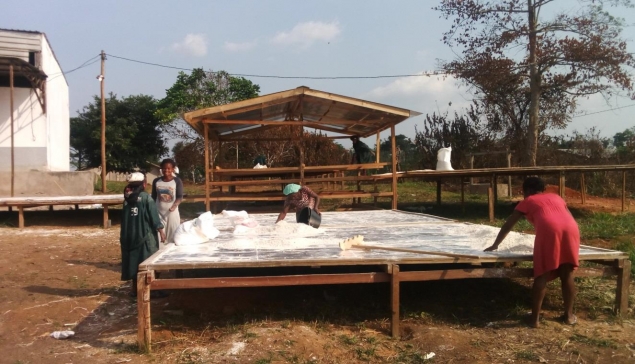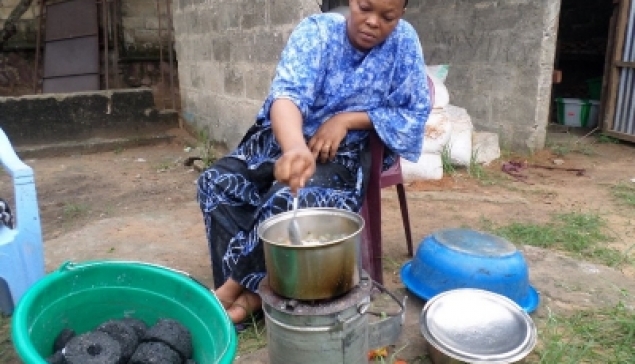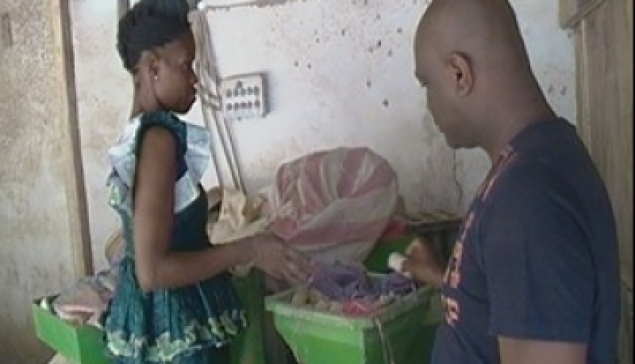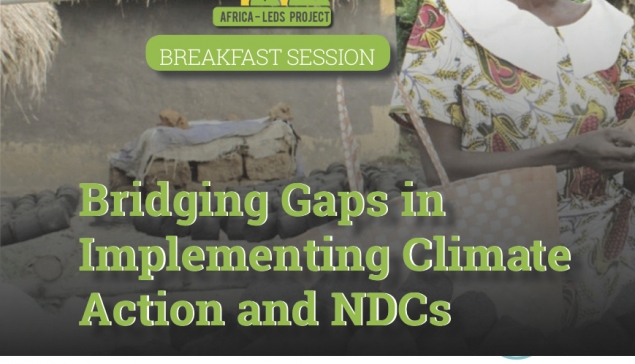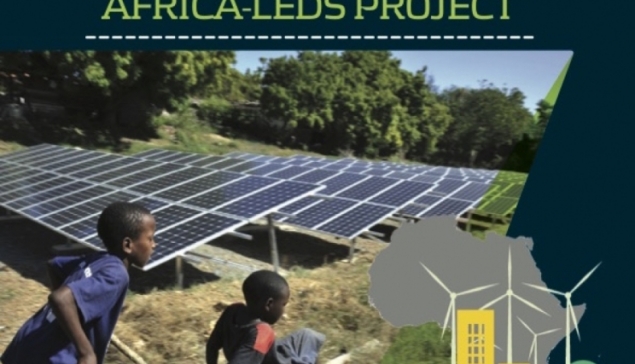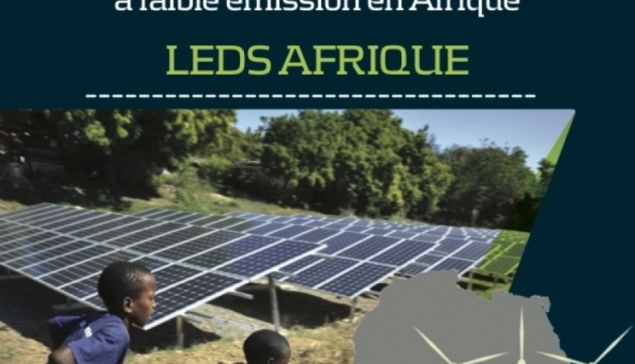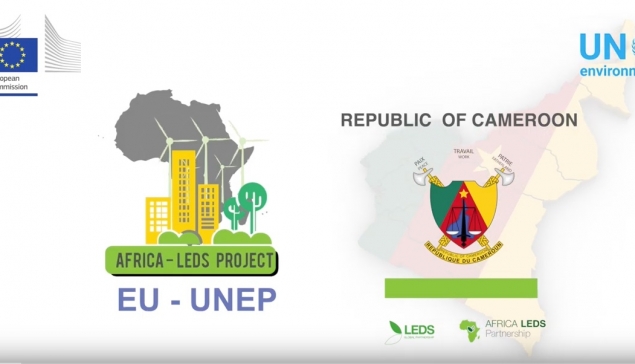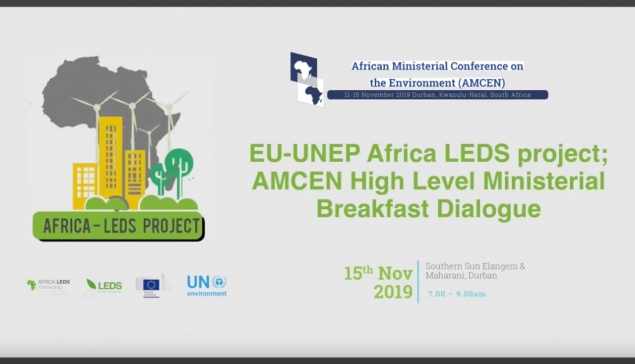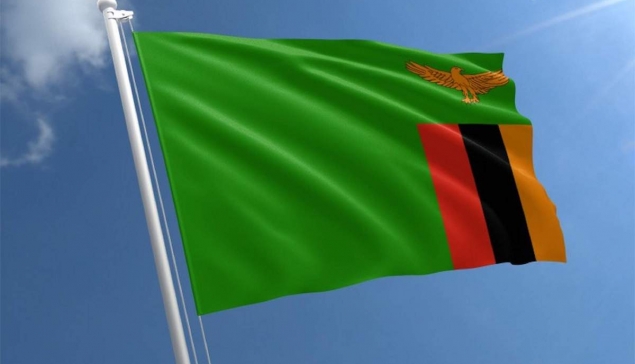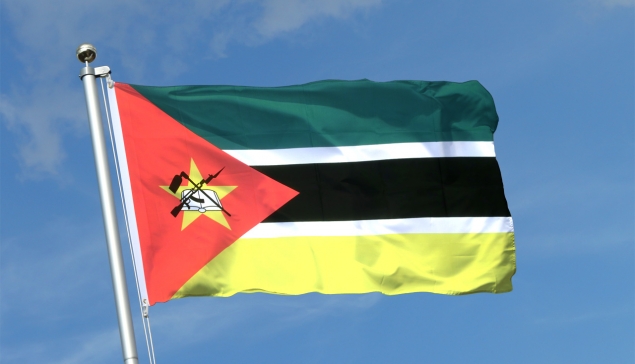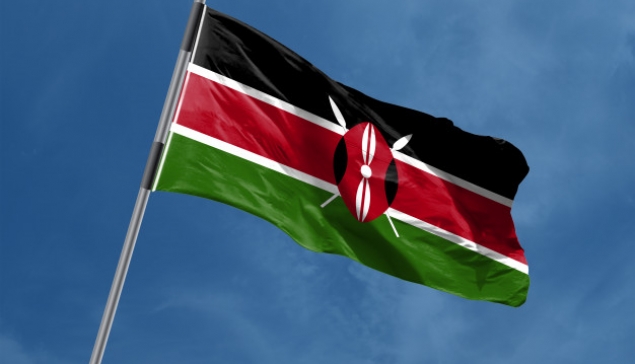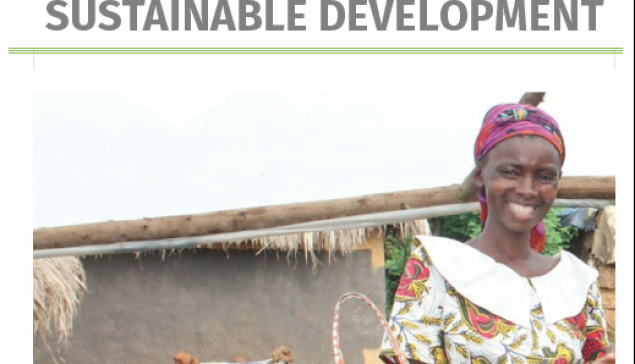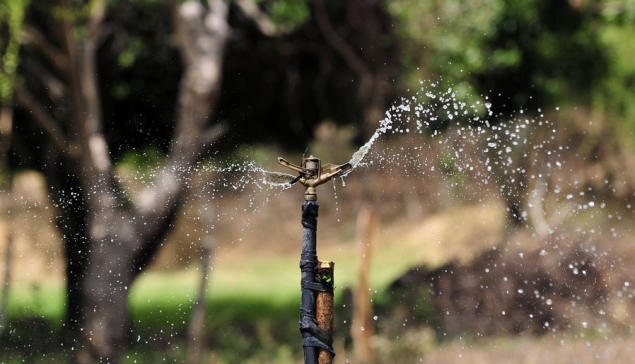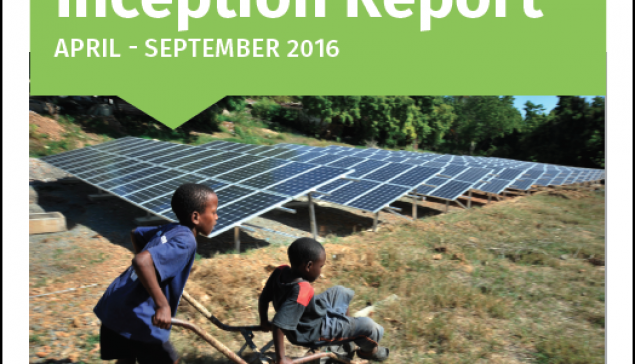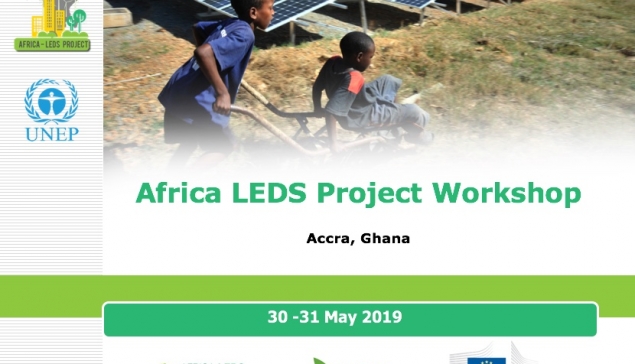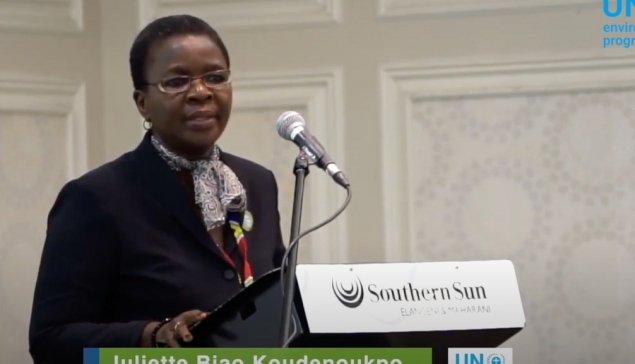Component 1: ground actions showed that communities can use 6 - 40% less fuel and save a portion of their household incomes when they substitute charcoal and firewood with the rice husk briquettes. Use of the climate smart rice cultivation practices, including organic fertiliser produced from agro-waste (rice straw and manure), are affordable and accessible, and can more than double rice yields. Further, climate smart rice cultivation implemented along with rice husk briquette production will reduce local forest degradation due to lower demands for charcoal.
Component 2: modelling forecasts showed that upscaling the trajectory of improvements to the rice value chain through improved cultivation practices and the utilization of rice mill waste as an energy source would: reduce chemical fertilizer use, reduce rice straw burning, increase rice yields, reduce deforestation (driven by charcoal/firewood harvests), and reduce emissions. For each 150 ha of conversion to the improved rice value chain, the following annual benefits were modelled: 14 tons of chemical nitrogen avoided; 312 tons of rice straw burning avoided; 656 tCO2e avoided. Also, the rice husk briquette energy attributable to these 150 hectares would protect 18 ha of forest from degradation. Overall, implementation of these improvements to the rice value chain would result in a cost savings to society (1.7 billion CFA through 2050 or about 2.9 million USD). Macroeconomic indicators showed strong potential for positive impacts on local gross regional product (mainly through a combination of avoided chemical fertilizer and fuel purchases and the need for additional labour to support the composting and briquetting processes).



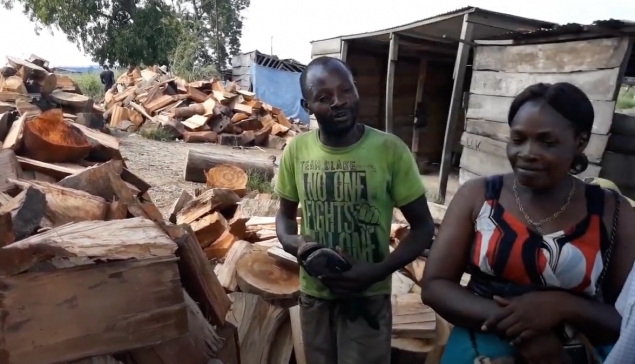
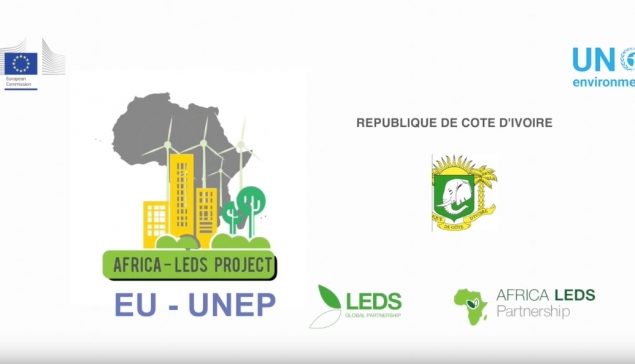

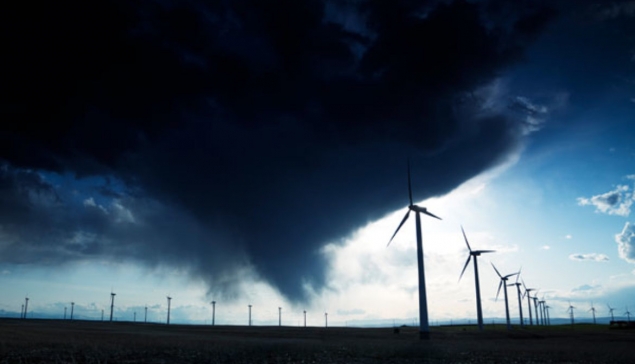
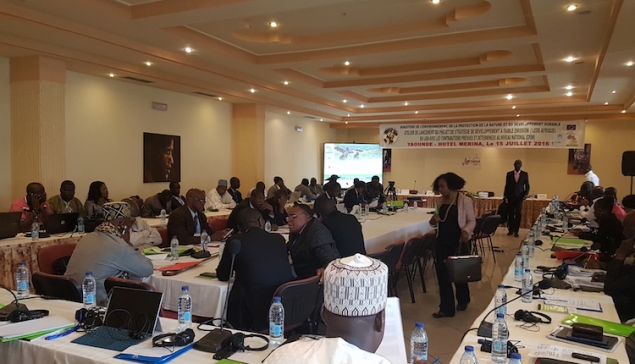
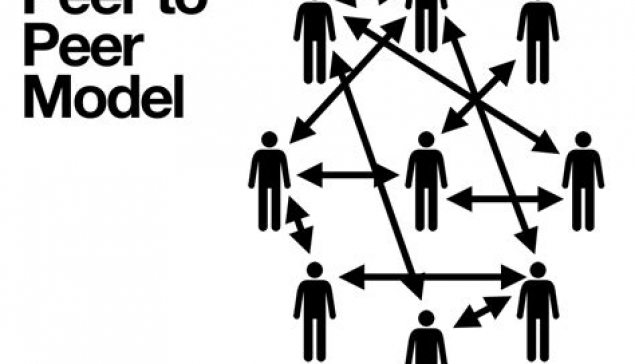

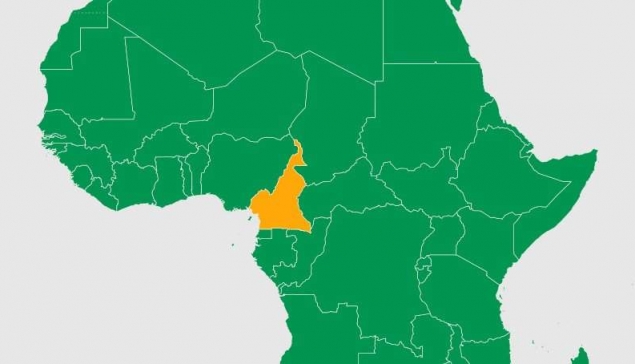
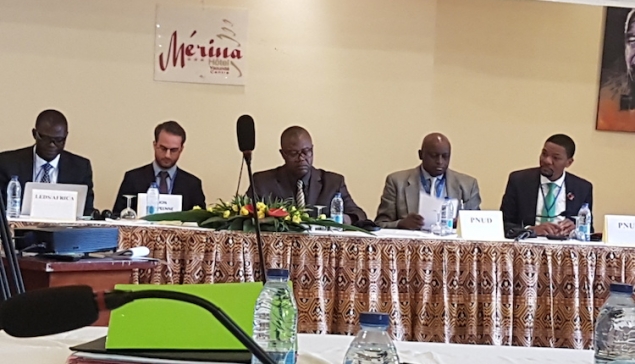
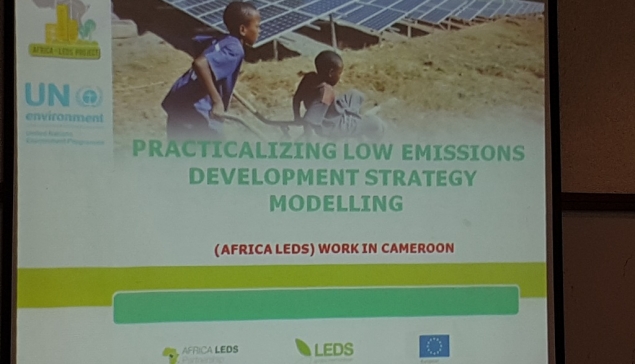
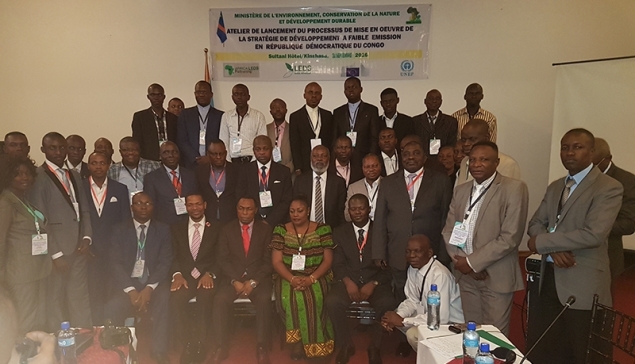
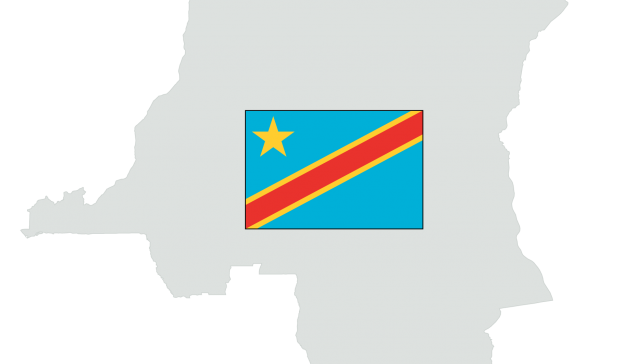
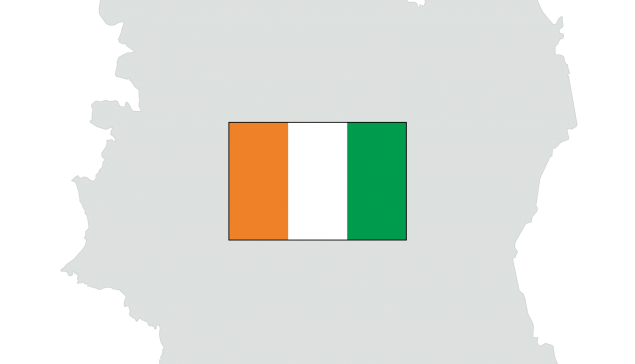
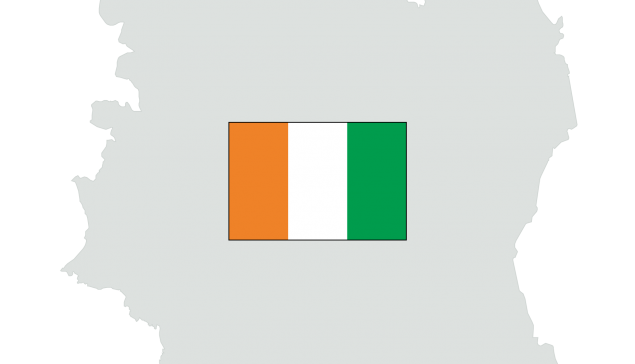
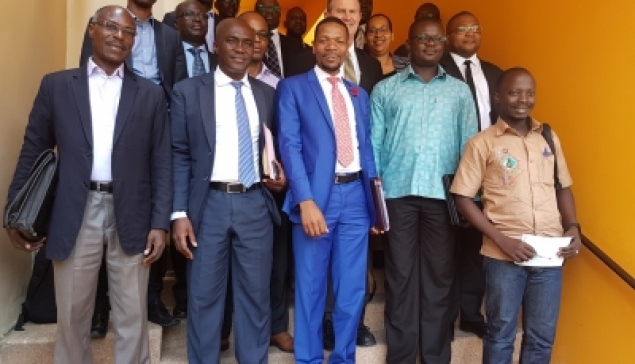
_large.jpg)
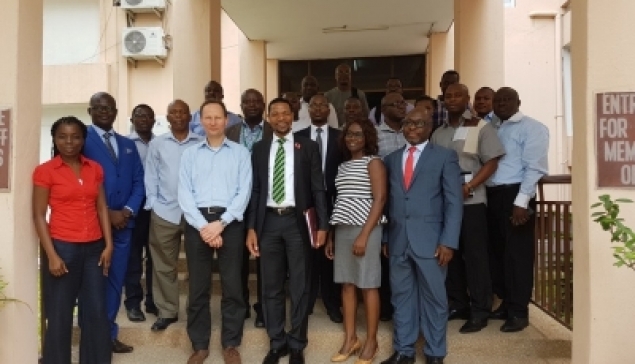
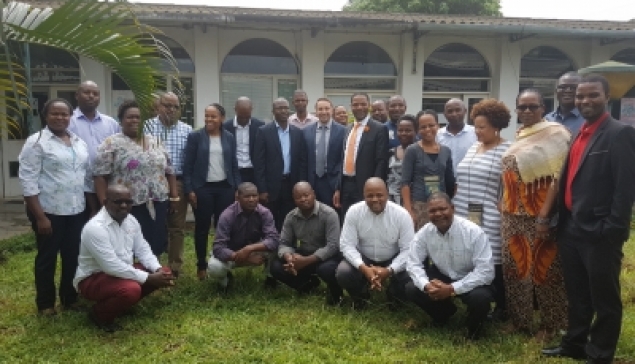
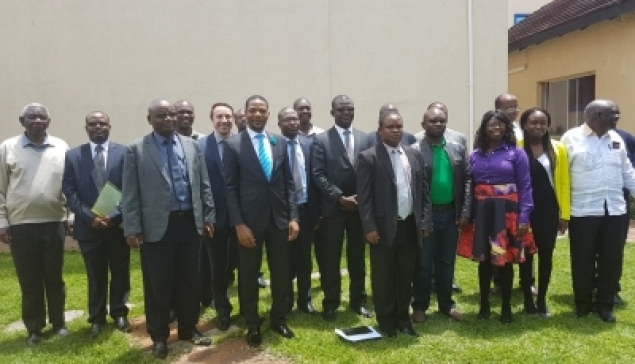
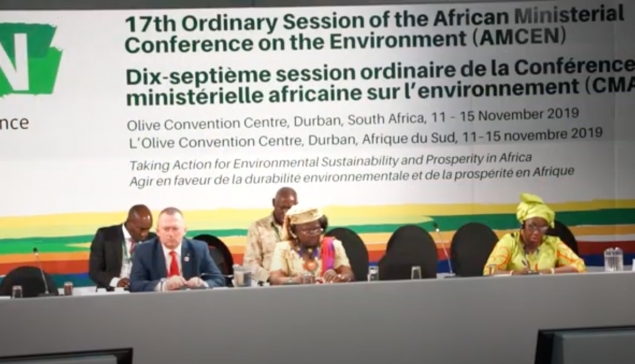

_large.jpg)
